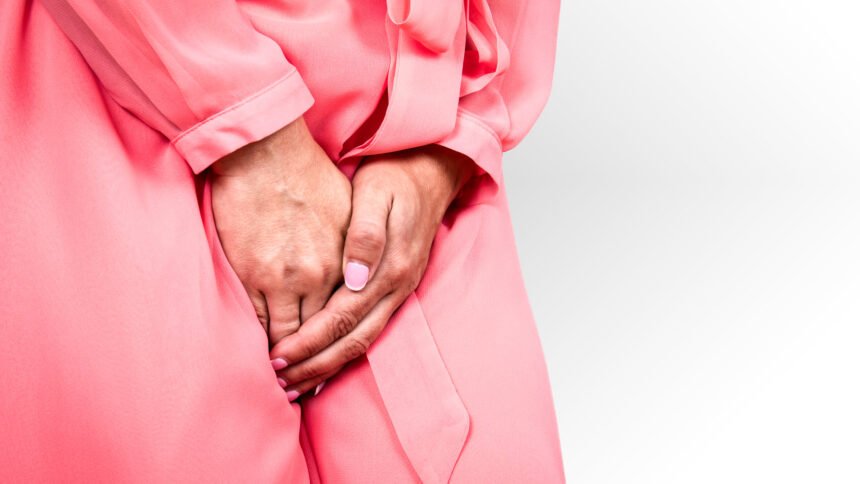Incontinence is a common problem that affects about 60 percent of people over the age of 50. It affects men more, but almost half of women over 50 are affected as well.
The most common type is urinary incontinence. This is the inability to control when and how much urine is released. This can be caused by problems with the bladder, the urethra, or the nerves that control urination.
You need to recognize the symptoms, so you can take the right steps to recover. You may need to change your diet or make other lifestyle changes to get over incontinence.
Situational Urine Leakage
This symptom of incontinence only occurs for short periods of time and is usually triggered by some type of sudden stress. In fact, it is often called stress incontinence. Major reasons for the leaks include sneezing, coughing, laughing, and sudden movement. This symptom is more frequently seen in women than men. Also, women who are currently pregnant or who have given birth in the past are more likely to have weak pelvic floor muscles that contribute to situational leakage. It does not feel good when it happens and can cause some embarrassment if you do not wear protective pads or undergarments. However, Kegel exercises can often help alleviate this issue.
Sudden and Severe Urge to Urinate
For people without incontinence issues, the feeling of a full bladder and the need to find a bathroom comes on gradually and gives you enough time to head in that direction. However, others have a much more sudden and severe urge that can sometimes result in leaks and accidents. Another word for this is urinary urgency and it can be a symptom of incontinence for many. Although this can happen if you drink a lot of liquid in a short period of time, things like bladder infections, pregnancy, prostate issues, and nerve damage can also contribute.
Increased Frequency of Urination
Urinating more often than usual could be a sign of a number of health conditions, including diabetes, UTIs, and prostate problems. If you find yourself having to go more often than usual, see your doctor to find out the cause. For some, this means a trip to the bathroom every few hours, but other people get the urge to go more frequently than that. This can be both a symptom of incontinence and a cause of the types of accidents that come along with this condition. You might need to make some changes to improve your bladder health if this is a problem.
Nighttime Urinary Accidents
When your body relaxes and you are not consciously making decisions about when to head to the bathroom, you are more likely to experience urinary incontinence symptoms. Both men and women may have involuntary leakage at night, which is also called nocturnal enuresis or bedwetting. This is not an issue that only infants and small children experience. It is one of the more common first symptoms of incontinence for all ages.
Many people experience their first symptoms of urinary incontinence when they were still quite young. It is not rare for people in their 20s, 30s, or even their teenage years to have occasional leaks or accidents. The signs of problems listed above are symptoms of the main causes of incontinence like pelvic floor weakness or nerve damage. While it makes sense to ask your physician about any treatment options or recommended exercises, you also have the option to use protective undergarments to reduce the risk of embarrassing leaks. You can live a confident, active, and full life even if experience urinary incontinence.

